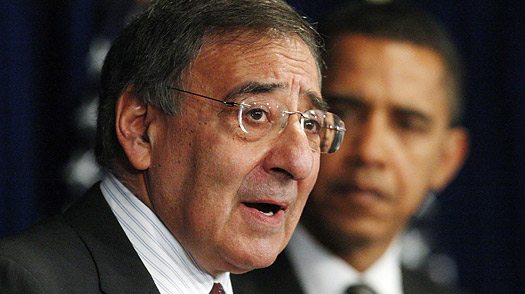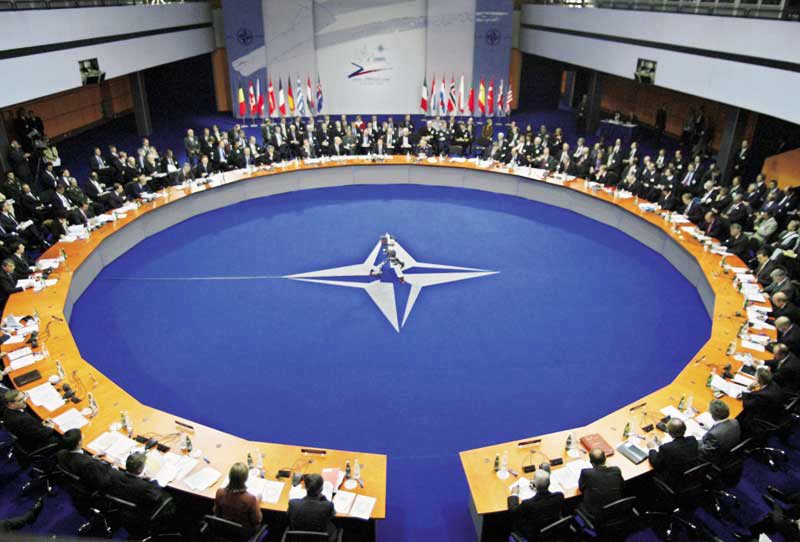Leon E. Panetta told the Senate Armed Services Committee June 9 that if he’s confirmed as the next defense secretary, his first and foremost mission will be to protect the U.S. and ensure it has the “best-trained, the best-equipped and the strongest military in the world” to provide that defense.
Mr. Panetta, who has served as director of the CIA since February 2009, said during his confirmation hearing that he will work closely with the service secretaries and chiefs and Congress, and that he will be a staunch advocate for military members and their families.
“I believe it’s important to have a candid, open line of communication between the secretary and all of the service chiefs,” he said. “They’re the ones that are out there leading each of their services. And I need to know what they’re thinking, and I need to know what is important in terms of serving the interests of the troops that they directly lead.”
The U.S. owes members of the all-volunteer force who have stepped forward to serve, as well as their families, the “best leadership, the best training, the best equipment, the best benefits (and) the best health care that we can give them,” he told the panel.
Mr. Panetta pledged to fight for support and to be “mindful of the stresses” on military members and their families as he makes deployment decisions. “They put their lives on the line to fight for America, and I will just as surely fight for them and for the families who support and sustain them,” he said.
The president’s nominee for the top Pentagon post said he feels honored to be considered to follow in the footsteps of Defense Secretary Robert M. Gates, who he said “will be remembered as one of the greatest secretaries of defense in our nation’s history for the way he led the department during a time of war and for the crucial reforms that he’s tried to put in place in the way the Pentagon does business.”
“Those are reforms that I intend to carry on,” he told the committee, promising to use a “focused, hands-on” management style to run the department.
If he is confirmed, Mr. Panetta said, he will lead the department at a time of “historic change” and as the nation confronts “a multitude of challenges.”
These, he said, include the operations under way in Iraq and Afghanistan, al-Qaida and other terrorist networks, the proliferation of dangerous weapons, rising international powers, and political transformations under way in the Middle East and Northern Africa. In addition, “the next Pearl Harbor that we face could well be a cyber attack,” he said.
“We are no longer in the Cold War,” Mr. Panetta declared. “This is more like the ‘Blizzard War’ — a blizzard of challenges that draw speed and intensity from terrorism, from rapidly developing technologies and the rising number of powers on the world stage.”
This comes as the Defense Department attempts to cut $400 billion in spending as part of the administration’s deficit-reduction initiatives, Panetta noted.
“Our challenge will be to design budgets that eliminate wasteful and duplicative spending while protecting those core elements that we absolutely need for our nation’s defense,” he told the panel.
Mr. Panetta said he doesn’t believe the U.S. needs to choose between strong fiscal discipline and a strong national defense.
“I don’t deny that there are going to be tough decisions that have to be made and tough choices that have to be made,” he said. “But we owe it to our citizens to provide both strong fiscal discipline and a strong national defense.”











